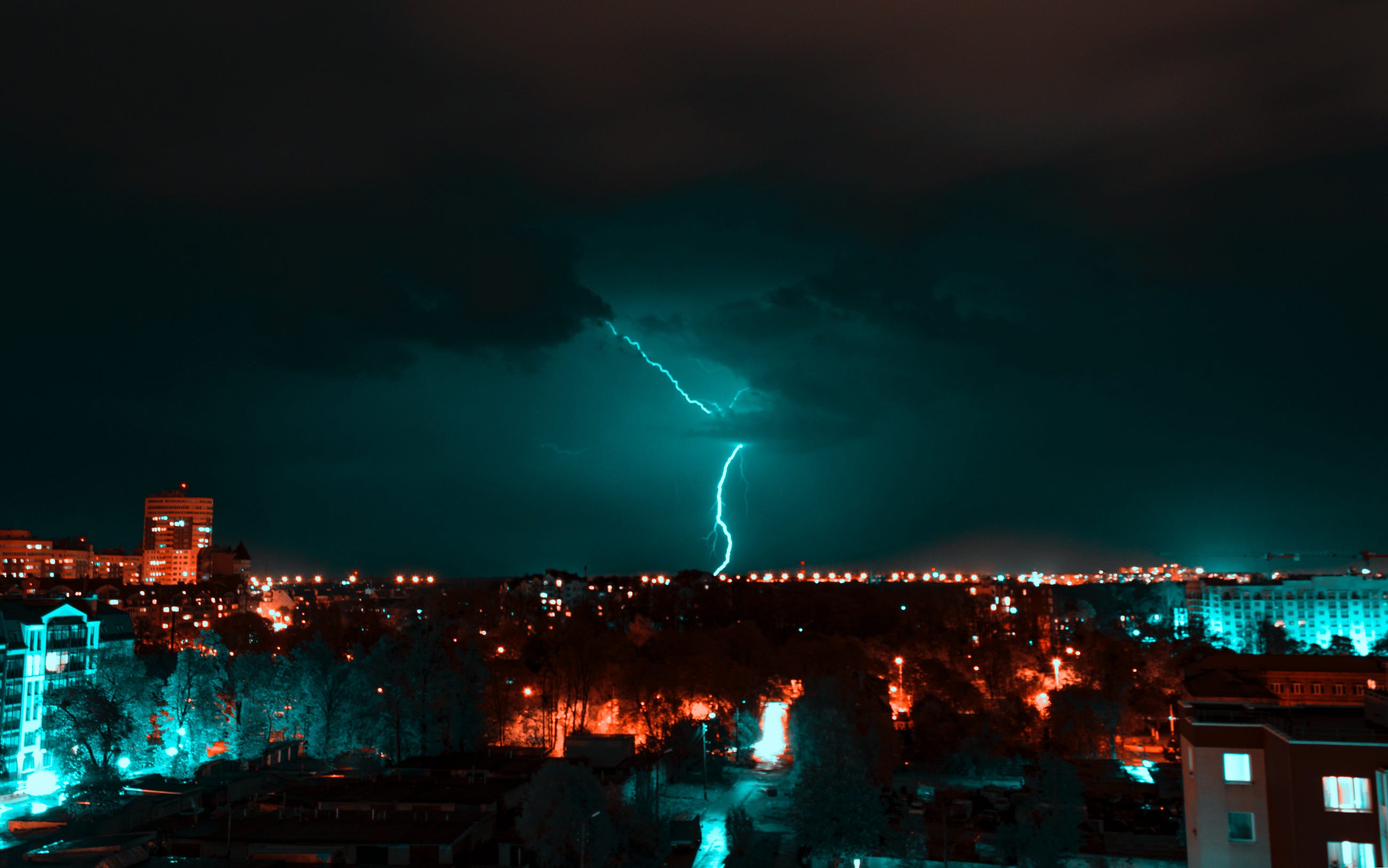The Writing Cooperative is a Medium publication that I subscribe to. They send a writing prompt each month and their prompt for the month of April is the picture above. Along with the picture, they also have a few guiding questions to make you think:
"What first jumps out in your mind when you see that image? How does lightning make you feel? When has lightning played a role in your life? How could it play a role in your story?"
One of the struggles for writing consistently is to have a constant inflow of writing prompts. This is why most writing classes and publications directed at writers introduce a prompt for their audience. They hope that the prompt will spark the creativity of the writer and allow them to conure up images and put down words on paper.
This technique is very effective when learning different aspects of writing and story-telling. If I want to put to practice some theory I have learnt about how to write better, then I can use any prompt like this as the content itself is less important than practicing the technique.
When there is no technical skill to practice, and the act of writing is simply a way of putting down in words how I see the world around me, then every single thing that I encounter becomes a writing prompt.
And that's usually the case with me. Just today, I was discussing Pixel's digital wellbeing feature with a friend and she mentioned that whenever she tells me something new, I go try it out and then write a blog post about it.
I hadn't thought of it that way, but turns out she's right. My writing prompt for the day is usually a new piece of information or a new idea that I've come across that day or an experience I've had that day.
The days when I'm supremely productive, I look back and ask myself why that was and then write about what I learnt from it. The days when I've failed miserably, I look back and ask myself why that was and then write about what I learnt from it.
When I look back on all the blog posts I've ever written, one common theme is that each one has been prompted by me looking back at something that has happened and asking myself, 'Why did that happen?'
We learn the quickest from experience. We remember what we've learnt the longest when we've learnt from experience. And writing down what I've learnt simply makes this process more robust.
Over the years, I've asked myself many times as to why I write. And the most consistent answer has been that I write what I've learnt and that helps clarify my thoughts and solidify my learnings and keeps me honest by reminding me about what I've learnt and not letting it fade from my memory.





CONVERSATION